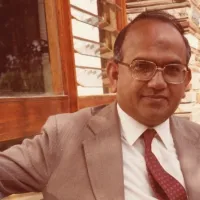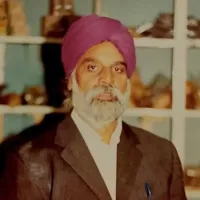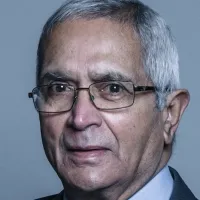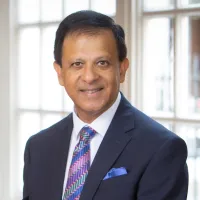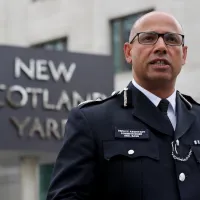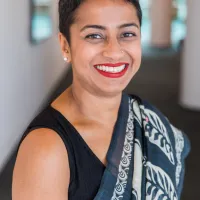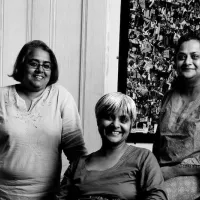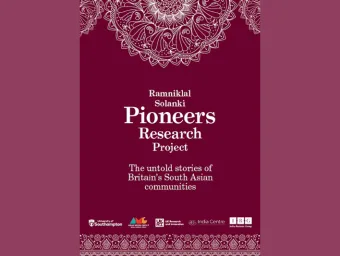Project Summary
People from the Indian subcontinent have been settling in Britain since the 1600s. At first, they were ayahs, domestic servants, nannies and seamen. By the mid-19th century, scholars, diplomats, traders and business people swelled those numbers. The two World Wars in the 20th century, under the Empire, cemented the connections between Britain and the Indian sub-continent. By the 1960s, Britain was used to seeing a steady flow of people from South Asian origin, who have made significant contributions to Britain, its culture and diverse history.
At the end of the second decade of the 21st century, we have missed opportunities to honour and cherish the achievements of British-Asians. They have contributed to every facet and every area of British life. From humble corner shops open all hours; life-saving surgeons; barristers representing the oppressed, even dispensing justice as high court judges; to chefs who have changed the British palate; actors entertaining us; politicians and leaders who frame and make laws; media moguls who, while ensuring diversity in what we read and see, hold people to account; and scientists, Nobel prize winners; British-Asians have had to overcome hurdles to rise to the very top. Each has a different story to tell.
Named after Britain’s pioneer multicultural journalist, founder and editor-in-chief of Asian Media Group, late Ramniklal Solanki, the Pioneers project aims to create a ‘living history resource’ aimed at narrating the life histories of British-Asians who have made Britain their home and contributed to its modern society particularly since the 1960s. It is a high-profile research project that systematically captures, collates and documents the life histories of Pioneers, alongside evaluating the sociocultural, economic, intellectual, political and demographic impact of South Asian diaspora community in Britain across generations.
The Ramniklal Solanki Pioneers project features a series of inspiring case studies of Pioneers whose contributions have had an ever-lasting impression and impact on British society. The first phase of the project documents 10 case studies of South Asian Pioneers, selected and reviewed by the project partners and the University’s academic team. The selected Pioneers represent diverse sectors from community, art, industry, entertainment, politics, social justice, healthcare to sports.
The Ramniklal Solanki Pioneers flagship research project is a collaboration between the University of Southampton and Asian Media Group, chaired by Lord Kamlesh Kumar Patel of Bradford OBE and co-chaired by Professor Jane Falkingham CBE, Vice-President Engagement and International, and supported by UK Research and Innovation (UKRI), Eastern Eye and India Business Group (IBG).
The project was conducted in adherence to institutional ethics protocols, with informed consent obtained from all Pioneers and ethical approval granted by the University’s Ethics and Research Governance Committee.
